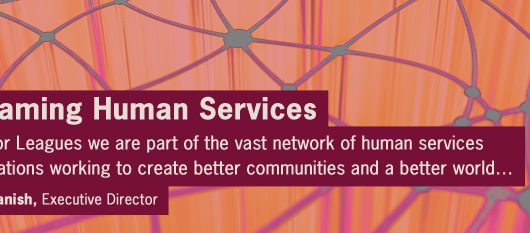That’s an interesting question to ask during Women’s History Month because women’s history in this country is more than just a list of famous names and “women’s first” events.
So who was Dorothy Whitney Straight? In her own way, she was a remarkable woman. Born in 1887 to one of the richest families in America, she was one of the young socialites that Mary Harriman gathered around her when she founded The Junior League.
What made Dorothy Whitney Straight unusual then was her commitment to creating lasting community impact, which is very much the mission of The Junior League today. She may not have called it that, however. Service was probably the way she looked at what she did – service to poor immigrants and working women, service to the arts and education, and service to progressive causes that belied her privileged background.
The daughter of William C. Whitney, a financier and Secretary of the Navy under President Grover Cleveland, she came into came into a substantial inheritance following the death of her father when she was 17.
President of the Junior League of New York from 1907 to 1909, she introduced formal training for members and was also the force behind its campaign to provide housing and other support to young working women in New York City. In 1921, she became the first president of the Association of Junior Leagues of America (now The Association of Junior Leagues International, Inc.), the umbrella organization created by the 30 existing Leagues to harness the strengths of the individual Leagues for greater community service and to train and educate League members for a lifetime of volunteer work. In that role, she was credited with doubling the size, power and potential of The Junior League Movement in ten years.
But her accomplishments went well beyond her Junior League leadership, as important as it was during a time of rapid growth for the Association.
During World War I, drawing upon her Junior League experience, she raised money for the Women’s Liberty Loan Committee, the Young Men’s Christian Association, and the Red Cross. She later chaired the Women’s Emergency Committee of the European Relief Council, which helped feed over three million children in Europe.
After her first husband, Willard Straight, died of pneumonia developed from a case of influenza in 1918 after serving in France with the U.S. Army, she continued on the path of philanthropy that she had shared with him.
On behalf of her husband, she continued their support to his alma mater, Cornell University, while also funding the creation of the New School for Social Research in New York and helping to found the progressive magazine The New Republic.
She remained an active benefactor of the arts, feminist, and pacifist causes as well as social and labor reform and lent financial support to progressive alternative education as well as scholarly research.
She met her second husband, Leonard Knight Elmhirst, an Englishman who was then studying Agriculture at Cornell University, and they embarked on ambitious plans to recreate rural community life at Dartington Hall in Devon, England. The Dartington Hall Trust today is a charity specializing in the arts, social justice and sustainability.
She died on December 15, 1968.
All in all, quite a life!

